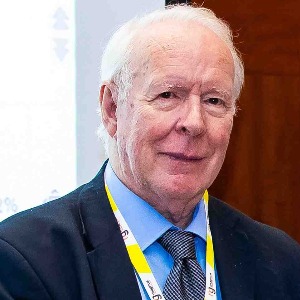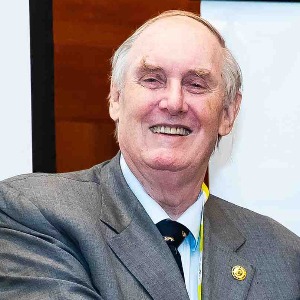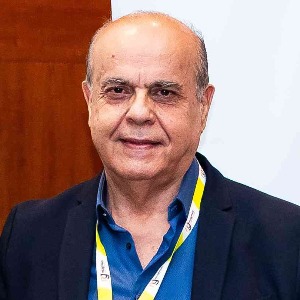Dental Traumatology
Dental traumatology is an area of dentistry that is dedicated to the diagnosis and treatment of trauma to the teeth, jaws and supporting structures. Trauma can occur from many causes, including falls, sports injuries, motor vehicle accidents and even in young children from biting or pushing objects with the mouth. Common types of trauma include chipped or fractured teeth, crowns that have become loose, or avulsions (where a tooth is completely knocked out). The goal of dental traumatology is to treat and help the patient restore the original function and aesthetics to the affected teeth. Treatment of dental trauma involves a variety of methods, including splinting the affected teeth, applying bonding or composite resins, performing endodontic therapy or even surgically repositioning the tooth. Depending on the type and severity of the trauma, the patient may require sedation or general anesthesia to complete treatment. To ensure the best care for patients with dental trauma, dentists must be knowledgeable in the diagnosis and treatment of the various types of trauma. Dentists should have a detailed understanding of the anatomy of the teeth, gums, and associated structures so that they can accurately assess and diagnose the type of trauma and formulate an individualized treatment plan for the patient. Any patient presenting to a dentist with dental trauma should receive a comprehensive evaluation of the affected area, including an x-ray to assess the severity of the trauma, and a detailed examination of the existing teeth, supporting structures, and surrounding tissue. Proper diagnosis and treatment can return the teeth to close to their original form and function, and help to prevent loss of the tooth or other more serious complications from occurring. Dental traumatology has become an essential part of dentistry in recent years due to the increasing number of traumatic dental injuries. The timely treatment of these traumatic dental injuries is critical to ensure that the patient has a positive outcome and can continue to function and look their best.

David Geoffrey Gillam
Queen Mary University of London, United Kingdom
Christopher Turner
Spacemark Dental, United Kingdom




Title : Evaluating hygienist follow up for head and neck oncology patients in secondary care: Results from a two cycle audit
Peter Basta, Newcastle Dental Hospital, United Kingdom
Title : Atypical facial pain unravelled
Christopher Turner, Spacemark Dental, United Kingdom
Title : New treatment of temporomandibular disorder through muscle balance and muscle regeneration by activation of quiescent muscle stem cells( satellite cells) with mitochondrial dynamics
Ki Ji Lee, National Reserach Foundation & Busan Medical University, Korea, Republic of
Title : MRONJ and ORN: Referral or management in primary care? Navigating guidelines in the context of long waiting lists
Alisha Sagar, NHS England, United Kingdom
Title : Managing the unexpected: An Insight into supernumerary teeth
Bahar Gharooni Dowrani, Guy's and St Thomas' NHS Foundation Trust, United Kingdom
Title : Laxative prescribing for post operative head and neck cancer patients at Derriford Hospital
Pui Sze Kylie Li, Cardiff and Vale University Health Board, United Kingdom